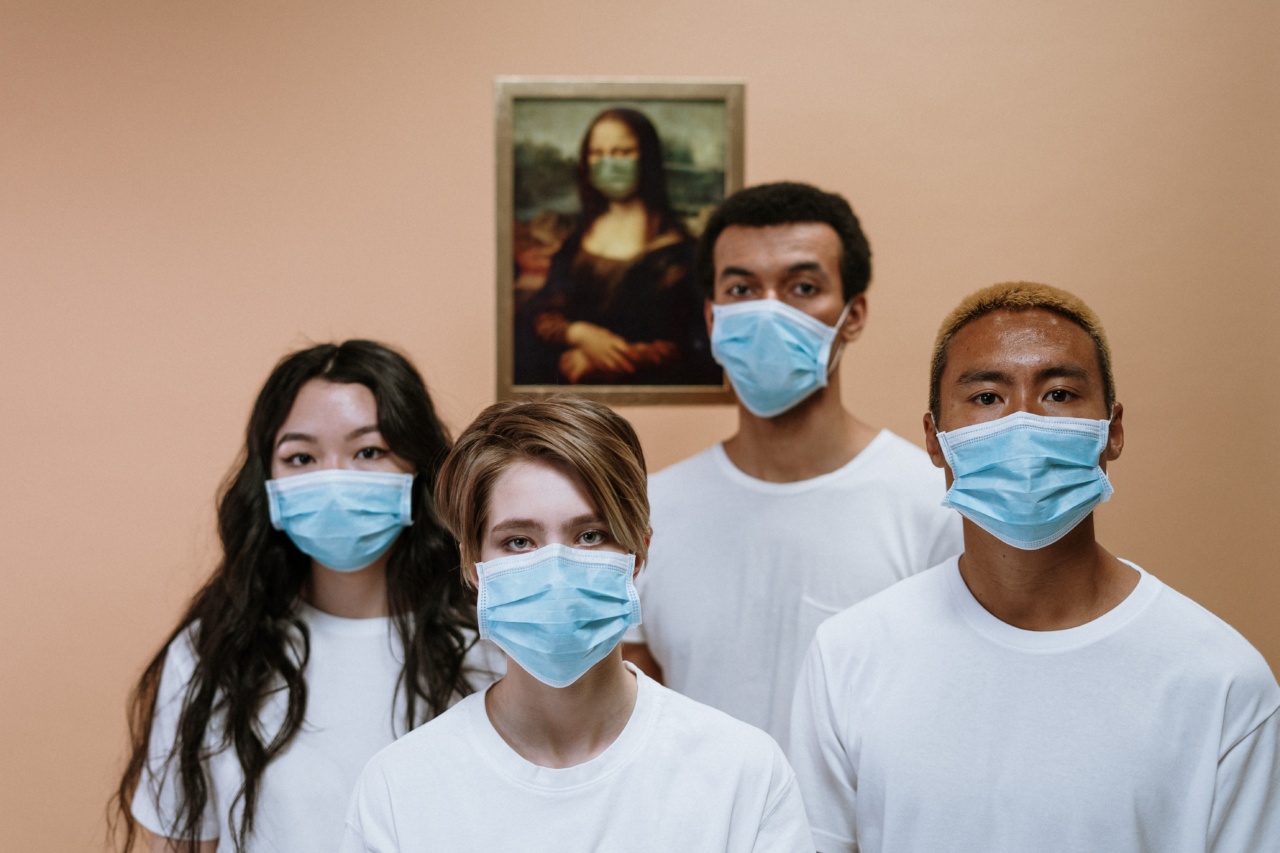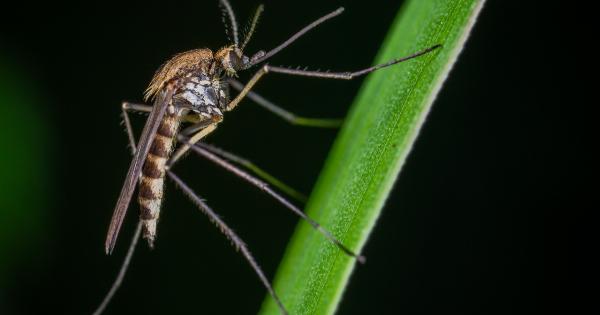The world is facing another devastating health crisis as the Zika virus spreads rapidly across continents.
With no vaccine or specific treatment available, international health organizations and experts have come together to urgently address the outbreak of this mosquito-borne disease.
A Global Response to a Global Crisis
The Zika virus was first discovered in Uganda in 1947, but it gained international attention in 2015 when an outbreak occurred in Brazil.
Since then, the virus has rapidly spread to more than 80 countries, mostly in the Americas, causing great concern among global health authorities.
Recognizing the urgent need for collaboration and coordinated efforts, the international health community has united to tackle the Zika outbreak.
The World Health Organization (WHO), along with partners such as the Centers for Disease Control and Prevention (CDC) and the Pan American Health Organization (PAHO), have been at the forefront of these efforts.
The Latest Scientific Discoveries
Scientists and researchers from around the world have been working tirelessly to understand the Zika virus and its consequences. Their efforts have yielded significant findings, helping to inform public health interventions and strategies.
One of the most alarming discoveries is the strong link between Zika infection during pregnancy and severe birth defects, such as microcephaly. Microcephaly is a condition in which babies are born with abnormally small heads and underdeveloped brains.
This discovery has led to increased efforts to protect pregnant women from Zika infection and to educate them about the potential risks.
Additionally, researchers have found that the Zika virus can be transmitted through sexual intercourse, leading to recommendations for safe sexual practices among individuals residing in or traveling to Zika-affected areas.
Furthermore, studies have shown that Zika infection is not only associated with microcephaly but also with other neurological disorders, such as Guillain-Barré syndrome.
This condition affects the nervous system and can lead to muscle weakness, paralysis, and even death.
These discoveries have underscored the urgent need for a multifaceted approach to combat the Zika virus and its devastating consequences.
Prevention and Control Strategies
Preventing the spread of the Zika virus is a complex challenge that requires a combination of strategies. The international health community has emphasized the following key measures:.
1. Mosquito Control
Efforts to control the mosquito population that spreads the Zika virus are crucial. This involves implementing vector control measures, such as eliminating breeding sites, using insecticides, and deploying biological control agents.
Additionally, individuals are advised to protect themselves from mosquito bites by using repellents, wearing protective clothing, and sleeping in screened areas.
2. Public Awareness and Education
Informing the public about the risks and prevention methods associated with Zika is essential to curb the outbreak.
Governments and health organizations have launched extensive awareness campaigns, providing information on mosquito control, safe sexual practices, and the importance of prenatal care. This has empowered individuals to take necessary precautions and make informed decisions to protect themselves and their communities.
3. Improved Diagnostics and Testing
Developing accurate and accessible diagnostic tools is crucial for early detection and timely management of Zika cases. Scientists have been working on improving diagnostic tests, such as PCR-based assays and serological tests.
Rapid diagnostic kits have also been developed to facilitate testing in resource-limited settings.
4. Vaccine Development
The development of a safe and effective Zika vaccine is a priority for the international health community. Vaccines are seen as a key long-term solution to control the spread of the virus.
Researchers are making significant progress in developing vaccines, with several candidates currently in clinical trials. However, the road to a licensed vaccine is complex, requiring rigorous testing and evaluation.
International Cooperation and Funding
Addressing a global health crisis like Zika requires substantial resources and international cooperation.
Governments, donor organizations, and stakeholders have recognized the urgency and scale of the problem and have mobilized financial support for Zika research, prevention, and control efforts.
Collaboration among countries and sharing of scientific knowledge have paved the way for advancements in research and implementation of effective interventions.
This cooperation has also enabled the exchange of expertise and technical support in areas such as vector control, diagnostics, and vaccine development.
A Message of Hope
While the Zika outbreak continues to pose significant challenges, concerted global efforts have yielded promising results.
Countries have reported a decrease in the number of Zika cases, indicating that prevention and control strategies are making a positive impact.
Moreover, the scientific community is making rapid progress in understanding the Zika virus and developing tools to combat it.
The combined efforts of researchers, health organizations, and governments offer hope for a future where Zika is no longer a global health threat.
Conclusion
The Zika virus outbreak has served as a stark reminder of the interconnectedness of our world and the importance of international collaboration in addressing global health crises.
Through joint efforts, the international health community is working tirelessly to prevent the spread of the virus, protect vulnerable populations, and develop effective vaccines and treatments.
While there is still much to be done, the collective response to the Zika outbreak is a testament to the resilience of the global health community and its commitment to safeguarding the well-being of individuals worldwide.































